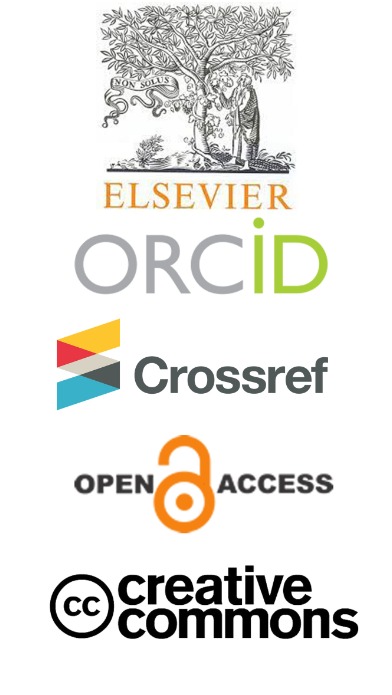Towards Criminalization of Witchcraft and Sorcery in Iraq's Criminal Legislation
Keywords:
Witchcraft, Sorcery, Criminal Danger, Social Interests, Legal Descriptions, Fraud, Criminal Protection, Witches, Charlatans, Harm Crimes and Danger Crimes.Abstract
This research deals with the issue of legal adaptation of witchcraft and sorcery in Iraq's criminal legislation in the light of the provisions of the Iraqi criminal justice represented by the judiciary of the Federal Court of Cassation. As the Iraqi criminal legislator did not criminalize these acts with an explicit punitive text, neither in the amended Iraqi Penal Code No. (111) of 1969 nor in any other special penal law. Thus, it becomes imperative for us to study and analyze the position of Iraq's criminal jurisdiction regarding acts of witchcraft and sorcery when these acts are the subject of criminal facts that are presented to it and it shall look into them. Although witchcraft and sorcery pose a threat to social interests with possible harm and sometimes inevitable harm to these interests, whether we adopt the standard of the objective (material) doctrine or we adopt the standard of the personal doctrine. If we adopt the standard of the objective doctrine, we will find that acts of witchcraft and sorcery themselves involve a danger that threatens many social interests worthy of criminal protection. But if we adopt the standard of personal doctrine, we will observe that witches and sorcerers (imposters) are people whose delinquent behavior poses a serious threat to social interests, which are worthy of criminal protection. Despite this, acts of witchcraft and sorcery are still outside the circle of criminalization and punishment. This leads to the lack of accountability for those who perform witchcraft and sorcery, which inevitably leads to the increase of these acts and their wide spread within society as a result of this. The fact that acts of witchcraft and sorcery remain in the circle of permissibility and the decriminalization of such acts has resulted in an increase in the number of those performing these acts. As well as the increasing number of people who resort to it. The Penal Code, within the scope of its positive rules, is governed by the principle of legality in criminal, the principle that there is no crime or punishment except by law (the principle of legality of crimes and penalties). Therefore, we had to follow the judicial rulings issued by the Iraqi criminal judiciary represented by the Federal Court of Cassation. This for to find out the judiciary of this court regarding the legal description it gives to the acts of witchcraft and sorcery when these acts are the subject of the criminal facts before the criminal jurisdiction. The aim behind this is to highlight the dangers of witchcraft and sorcery and the Iraqi criminal legislator's call to criminalize it. Taking into account the legal descriptions reached by the Iraqi criminal justice system and found them to be more applicable to these acts, which makes the criminal legislation more in line with the exigencies and requirements of reality.



